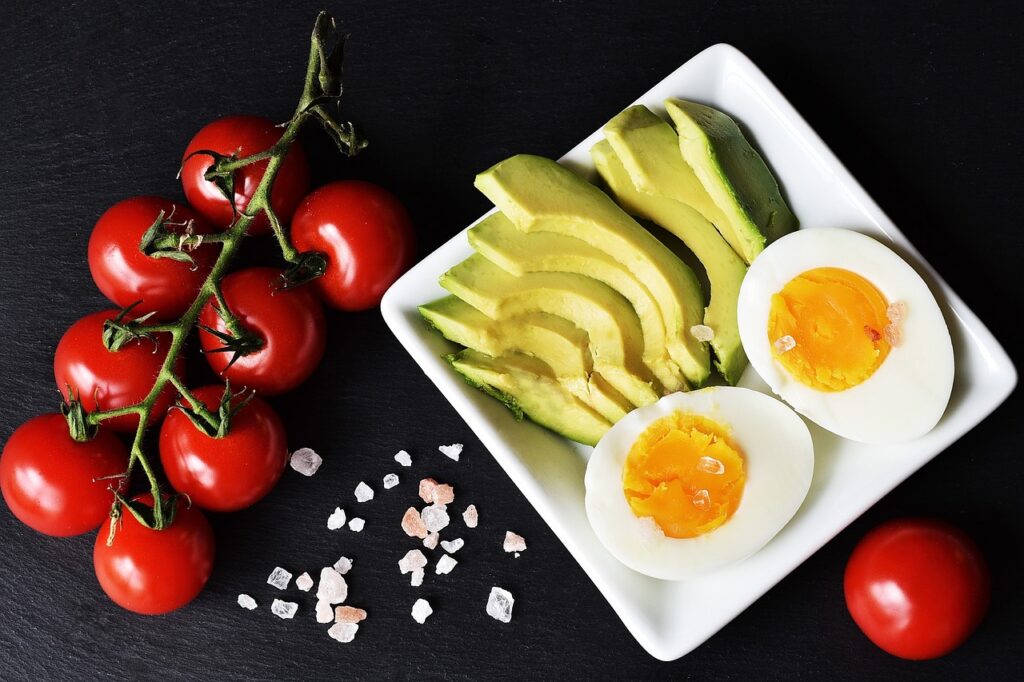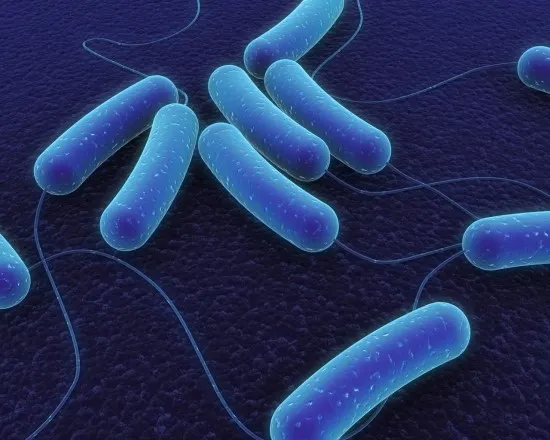The Keto diet has gained massive popularity for its potential to help with weight loss, improve energy levels, and even support certain health conditions. If you’re new to the Keto diet, it can seem overwhelming at first, but with the right information and guidance, starting this low-carb lifestyle can be straightforward and highly rewarding.

1. What is the Keto Diet?
The Keto diet, short for ketogenic, is a high-fat, low-carbohydrate eating plan designed to shift your body into a state of ketosis. In ketosis, your body burns fat for fuel instead of carbohydrates, leading to weight loss and other health benefits. Typically, the Keto diet consists of 70-75% fats, 20-25% protein, and only 5-10% carbohydrates.
2. Benefits of the Keto Diet
Weight Loss: By reducing carbs and increasing fat intake, the Keto diet helps the body burn fat more efficiently, leading to significant weight loss.
Improved Mental Clarity: Many people report better focus and concentration when following the Keto diet, likely due to the stable energy levels provided by fat metabolism.
Better Blood Sugar Control: The Keto diet can help manage blood sugar levels, making it beneficial for those with type 2 diabetes or insulin resistance.
Increased Energy Levels: Since fat is a more stable source of energy, many people experience fewer energy crashes and sustained energy throughout the day.
If you’re managing diabetes, you might find our post on 7-Day Diabetes Breakfast Plan helpful in designing meals that balance Keto with blood sugar control.
3. Getting Started with the Keto Diet
Starting the Keto diet involves making a few key changes to your eating habits. Here’s how to get started:
Reduce Carbohydrate Intake: The first step is to drastically reduce your carb intake. Aim for 20-50 grams of net carbs per day. This means cutting out bread, pasta, rice, and sugary foods.
Increase Healthy Fats: To replace the energy you would normally get from carbs, you’ll need to increase your fat intake. Focus on healthy fats like avocados, nuts, seeds, olive oil, and fatty fish.
Moderate Protein Intake: While protein is an important part of the Keto diet, it’s important not to overdo it. Too much protein can be converted into glucose, which could kick you out of ketosis. Stick to moderate portions of meat, eggs, and dairy.
Stay Hydrated: The Keto diet can have a diuretic effect, meaning you may lose water and electrolytes more quickly. Make sure to drink plenty of water and consider adding electrolyte supplements to your routine.
Sample Keto Meal Plan for Beginners
Here’s a simple 3-day meal plan to help you get started on the Keto diet
Day 1:
Breakfast: Scrambled eggs with spinach and avocado
Lunch: Grilled chicken salad with olive oil dressing and a side of nuts
Dinner: Baked salmon with asparagus and a drizzle of lemon butter
Day 2:
Breakfast: Keto smoothie with almond milk, spinach, avocado, and a scoop of protein powder
Lunch: Tuna salad wrapped in lettuce leaves with a side of cucumber slices
Dinner: Beef stir-fry with broccoli, bell peppers, and coconut oil
Day 3:
Breakfast: Omelette with mushrooms, cheese, and a side of bacon
Lunch: Caesar salad with grilled shrimp and avocado
Dinner: Pork chops with cauliflower mash and green beans
Common Challenges and How to Overcome Them
Starting the Keto diet can come with some challenges, especially during the first week. Here’s what to expect and how to overcome them:
– Keto Flu: Some beginners experience flu-like symptoms, known as the “Keto flu,” during the first few days. This is due to the body adjusting to a low-carb diet. To combat this, stay hydrated, replenish electrolytes, and get plenty of rest.
– Cravings: You may experience cravings for carbs, especially at the beginning. Focus on eating high-fat, satisfying foods, and consider finding low-carb alternatives to your favorite treats.
– Social Situations: Eating out or attending events can be challenging on Keto. Plan ahead by looking at menus online, bringing your own snacks, or eating a Keto-friendly meal before you go.
Want more tips on how to handle social situations while on a diet? Check out our article on Healthy Eating Tips for Beginners to learn how to navigate these challenges.
Is the Keto Diet Right for You?
The Keto diet isn’t for everyone, but it can be a great option if you’re looking to lose weight, improve your energy levels, or manage certain health conditions. Before starting any new diet, it’s always a good idea to consult with your healthcare provider, especially if you have any underlying health conditions.
Starting the Keto diet as a beginner doesn’t have to be complicated. By understanding the basics, making informed food choices, and being prepared for the challenges, you can successfully transition into a low-carb, high-fat lifestyle. Whether you’re looking to lose weight, improve your mental clarity, or better manage your blood sugar levels, the Keto diet offers a wide range of benefits that make it worth considering.
If you’re ready to dive deeper into the Keto lifestyle, check out our other posts for more tips, recipes, and success stories from people just like you.


